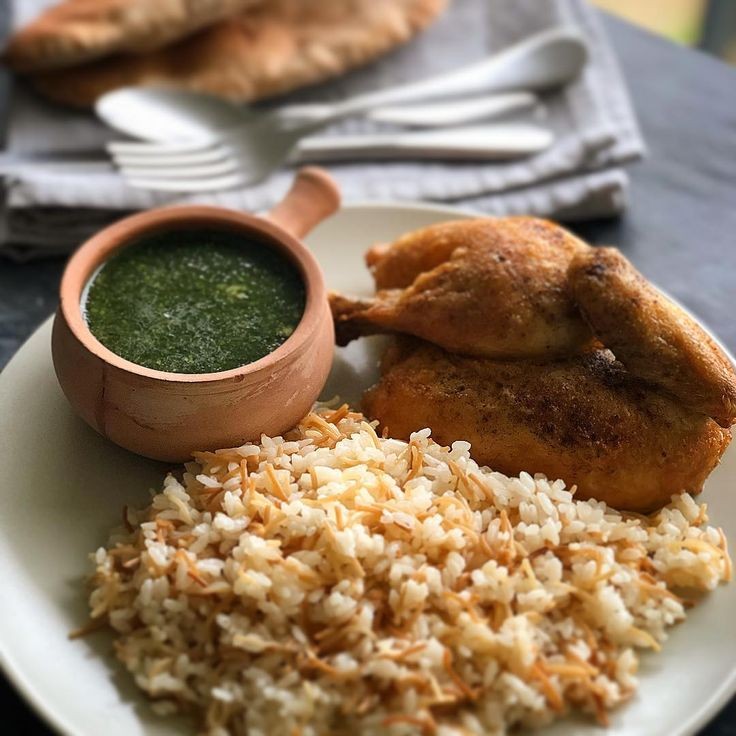The rich and diverse culinary heritage of Arab cuisine can be traced back to the ancient civilizations of the Middle East. From the Sumerians and Babylonians to the Phoenicians, Hittites, Arameans, Assyrians, Egyptians, and Nabateans, many cultures have contributed to the formation of the Arab kitchen.
One of the hallmarks of Arab cuisine is its emphasis on using fresh, locally grown ingredients that are often nutrient-rich and free of chemicals. Meals typically include a variety of meats, such as lamb or veal, chicken, and fish (in coastal areas), as well as rice, vegetables, and a variety of herbs and spices. Some of the most commonly used spices include cinnamon, curry powder, garlic, mint, saffron, sesame, thyme or oregano, and turmeric.
When it comes to formal dinners and celebrations, Arab cuisine is typically served in large quantities, with a variety of side dishes and salads to complement the main course. Tea is a staple beverage and is consumed throughout the day, while coffee is also commonly enjoyed.
In terms of customs, the Arab table is all about warmth and hospitality. Whether a person is a dear friend or a mere acquaintance, they are always welcomed with open arms. If invited to an Arab home for dinner, it is not necessary to bring a gift, but flowers or chocolates are appreciated. In return, the hosts are expected to return the invitation and entertain their guests in their own home.
When hosting a meal, the host will typically invite guests to try each dish and encourage them to take a few bites of each to fully experience the different flavors. After the meal, the guest will say “daymah” or “amer,” which translates to “May the blessings stay with your home.”
In conclusion, the Arab cuisine is a rich and diverse culinary heritage that encompasses a wide range of influences from ancient civilizations. With its emphasis on fresh, locally grown ingredients and a variety of herbs and spices, it is a delicious and healthy way to experience the culture of the Middle East.
With online Arabic and Quran courses on Arabian Tongue, you can learn more about Arab culture and its cuisine.
Recommended reading: Understanding the Concept of Halal – Islamic Dietary Laws

